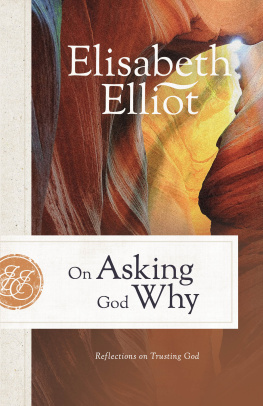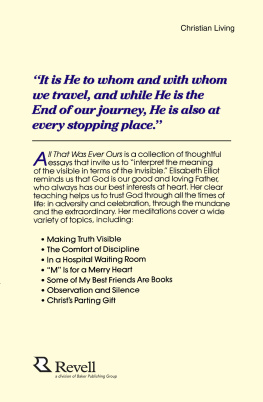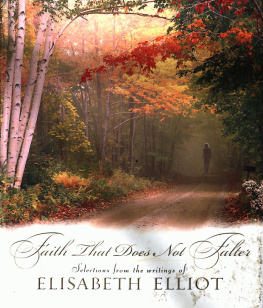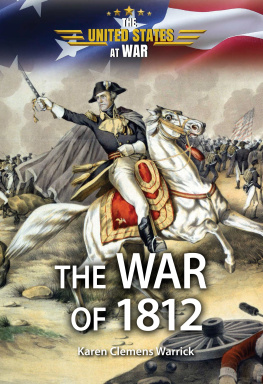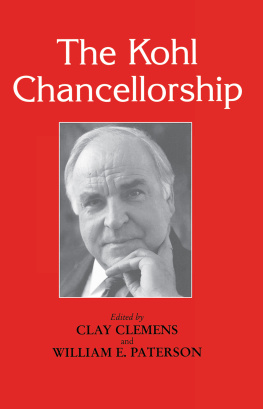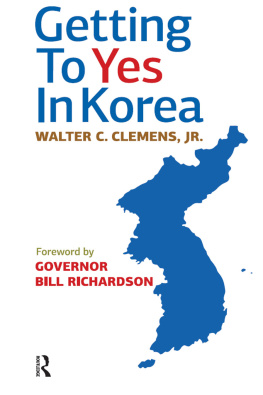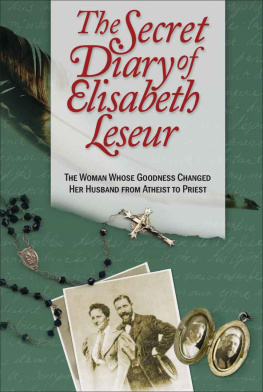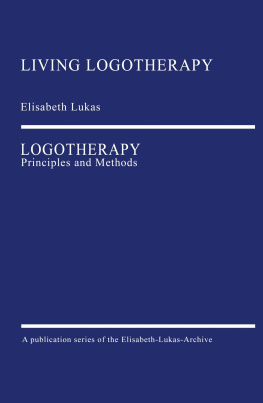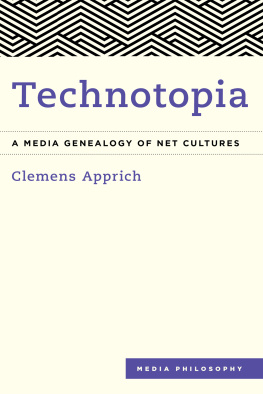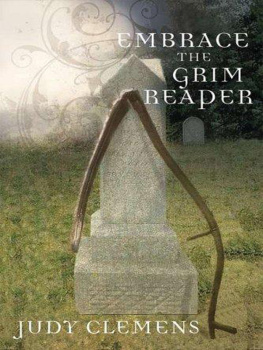The University of Chicago Press, Chicago 60637
The University of Chicago Press, Ltd., London
2020 by The University of Chicago
All rights reserved. No part of this book may be used or reproduced in any manner whatsoever without written permission, except in the case of brief quotations in critical articles and reviews. For more information, contact the University of Chicago Press, 1427 E. 60th St., Chicago, IL 60637.
Published 2020
Printed in the United States of America
29 28 27 26 25 24 23 22 21 20 1 2 3 4 5
ISBN -13: 978-0-226-55936-0 (cloth)
ISBN -13: 978-0-226-67083-6 (paper)
ISBN -13: 978-0-226-67097-3 (e-book)
DOI : https://doi.org/10.7208/chicago/9780226670973.001.0001
Library of Congress Cataloging-in-Publication Data
Names: Clemens, Elisabeth Stephanie, 1958author.
Title: Civic gifts : voluntarism and the making of the American nation-state / Elisabeth S. Clemens.
Description: Chicago : University of Chicago Press, 2020. | Includes bibliographical references and index.
Identifiers: LCCN 2019024386 | ISBN 9780226559360 (cloth) | ISBN 9780226670836 (paperback) | ISBN 9780226670973 (ebook)
Subjects: LCSH : VoluntarismUnited StatesHistory. | Charity organizationUnited StatesHistory. | Social serviceUnited States.
Classification: LCC HN 90. V 64 C 55 2019 | DDC 302/.14,dc23
LC record available at https://lccn.loc.gov/2019024386

This paper meets the requirements of ANSI/NISO Z 39.48-1992 (Permanence of Paper).
Finding no sort of principle of coherence with each other in the nature and constitution of the several new republics of France, I considered what cement the legislators had provided for them from any extraneous materials.
Edmund Burke, Reflections on the Revolution in France, p. 191.
A considerable part of our morality and our lives themselves are still permeated with this same atmosphere of the gift, where obligation and liberty intermingle.
Marcel Mauss, The Gift, p. 65
During 1933, his first year in office, Franklin Delano Roosevelt faced a host of challenges and crises. Many were met with the establishment of new public programs and federal agencies, the alphabet soup of the FERA, AAA, CCC, and NRA.
But those years of financial crisis also threatened a more personal project in social welfare: Roosevelts polio facility at Warm Springs, Georgia. Unsure how he would pay the mortgage on the resort that he had purchased in 1926 and made available to other polio patients, Roosevelt welcomed help from a rising star of the public relations industry. With a burst of activity, Carl Byoir organized thousands of parties, dances, and other charitable events in January 1934 to support the Committee to Celebrate the Presidents Birthday. Expected to generate $100,000, the celebrations brought in over $1 million and gave the President good reason to reassess the potential of private charity. If, in the desperate winter of 1934, voluntary fund-raising could produce such results, citizen philanthropy might prove powerful in other ways.
Over the next few years, the Committee acquired its lasting name as the March of Dimes for the care of polio victims and research toward a vaccine. Its complex choreography of civic and business groups focused on the presidentalways recovering, never a crippleas a symbol of a nation still reeling from its own social and economic afflictions. Those who had received government relief could discharge their sense of indebtedness by giving back to the president and, thereby, aiding fellow citizens who had previously extended help to others. But this mobilization in support of the presidents personal cause had broader political implications as a cure for the apathy that had taken hold as the Depression continued into its fourth and fifth years. As one Red Cross official commented in 1935, looking at the situation through the lens of the earlier world war, There was shell shock then. There is depression shock today. At this time of crisis, voluntarism and the organization of civic benevolence proved to be powerful social technologies to mobilize collective action and generate a sense of solidarity. Civic gifts and organized benevolence provided those extraneous materials that Edmund Burke had thought necessary to hold together a republic.
What Roosevelt had discoveredor, more accurately, rediscoveredwas the power of a model of social relationships that rarely figures in studies of modern state-formation and nation-making although it has repeatedly surfaced in American political history. As Marcel Mauss understood, liberty and obligation intermingle in the gift.
As elected officials and engaged volunteers repeatedly discovered, gifts can help to make nations as well as to build states,.)
Figure 1. Cartoon by Reg Manning, first published on the front page of the Arizona Republic, January 20, 1939. Image courtesy of the Franklin Delano Roosevelt Presidential Library.
This cartoon identifies the tensions generated when co-constructing a state (understood as a centralized means for mobilizing and allocating resources) and a nation (defined as a shared category of membership and, therefore, of political solidarity). A military line-up of private categories of identity and associationwealthy and poor, labor and capitalis juxtaposed to symbols of the major political parties, a private citizen, the president, and a young polio victim. This political configuration involves at least two kinds of sociological transformation.
First, individuals are encompassed by organized groups or identity categories. This accomplishment is easily taken for granted in contemporary social science and social life. But, in the early Republic, the very fact of association offended commitments to personal liberty and freedom of conscience, powerful legacies of the nations revolutionary founding. Shall every one of us be subject to the interpretation of every other one who claims authority over conscience? asked a leading ethicist of the early nineteenth century of the multiplying associations that would come to be known as the Benevolent Empire.
The second transformation articulated civic associations with the organization of state power. Read through his experience with the centralized administrative state in France, Alexis de Tocqueville celebrated the voluntary associations of the United States as bulwarks against despotism. But in a political culture marked by strong anti-statist currents, a national government of limited capacity could extend its power through collaboration with private actors, whether individuals or associations, in what Michael Mann has theorized as a mode of infrastructural power.
The resulting coproduction of public goods cannot be understood simply as the co-optation of private actors by the state or as the capture of the state by private actors. Consequently, infrastructural power is a source of both instability and dynamism in the construction of nation-states.


 This paper meets the requirements of ANSI/NISO Z 39.48-1992 (Permanence of Paper).
This paper meets the requirements of ANSI/NISO Z 39.48-1992 (Permanence of Paper).

